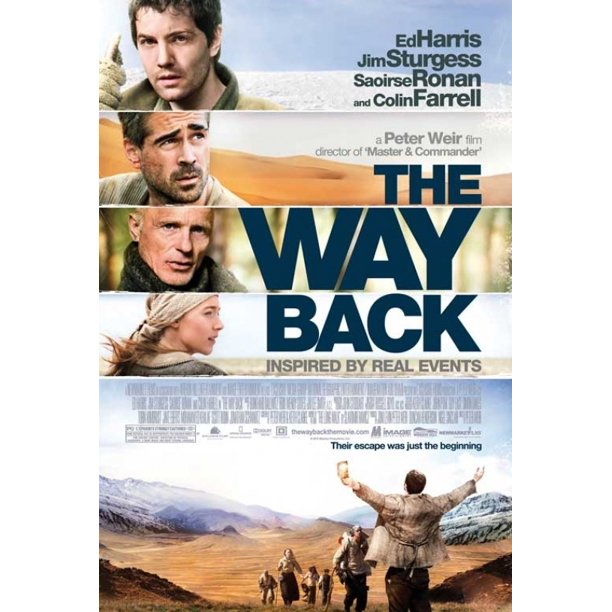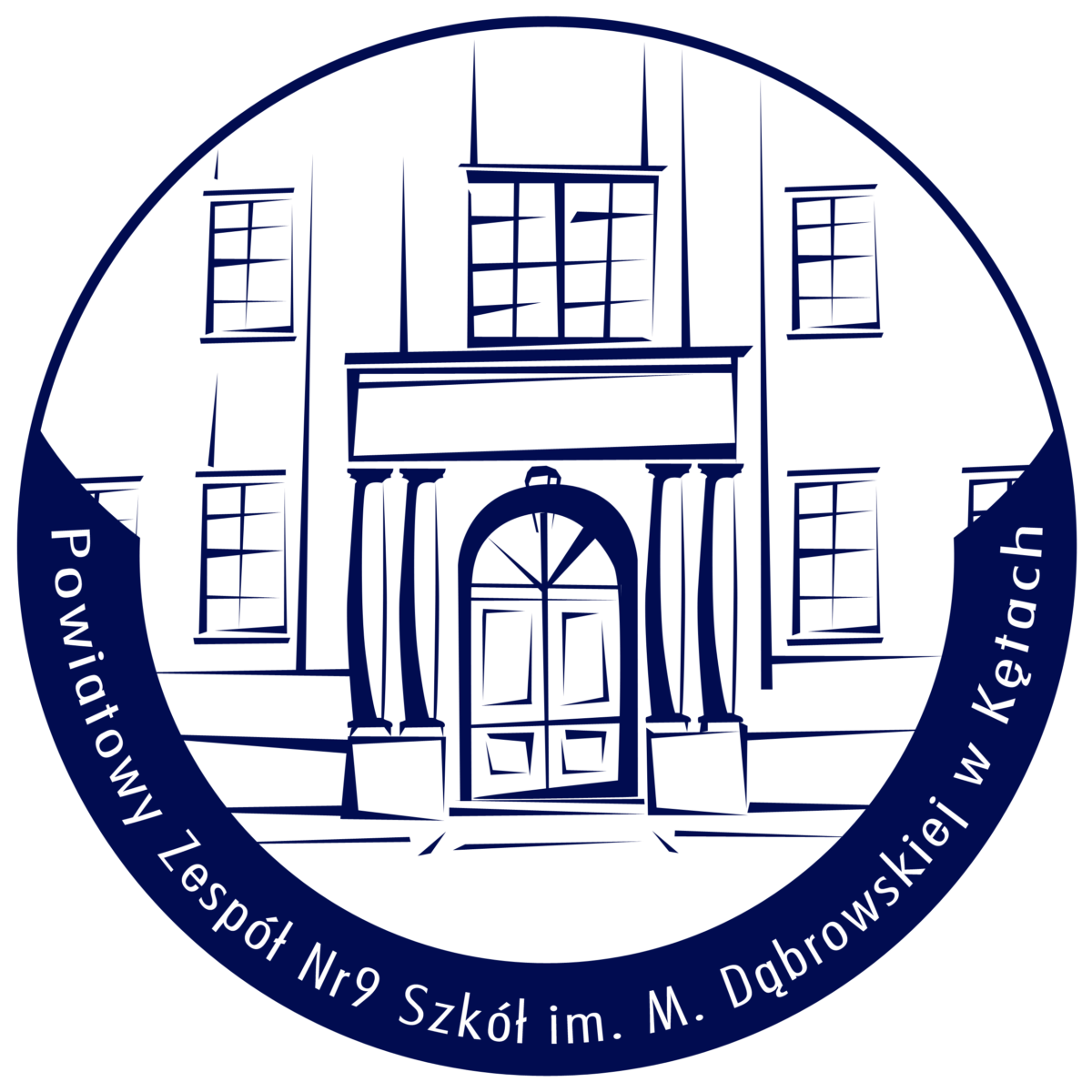
Directed by Peter Weir, the film tells the story of Siberian gulag escapees who travel 4.000 miles on foot in harsh conditions to seek freedom in India. Starring Jim Sturgess (Janusz Wieszczek), Colin Farrell (Valka), Ed Harris (Mr. Smith) and Saoirse Ronan (Irena Zielińska) as the main characters, The Way Back focuses on human will, daring, solidarity, endurance and survival. Those concepts are all present throughout the film, showing us that freedom is not always guaranteed, and the way to be free may need an arduous and superhuman effort.
During World War II, young Polish army officer Janusz Wieszczek is questioned by the NKVD so that he should admit to being a spy. Without any result, the Soviets take his wife into custody and force her to confirm the allegation about her husband. Consequently, Janusz is sentenced to 20 years in a Gulag labour camp in a remote area of Siberia.
While in the Gulag, Janusz meets other prisoners whom he plans to escape with: American engineer Mr. Smith, actor Khabarov, Russian criminal Valka, Polish artist Tomasz, Latvian priest Voss, Polish nyctalopia sufferer Kazik and Yugoslav accountant Zoran. Experiencing a tough time in the labour camp, Janusz imagines the door of a country home, which shows how desperately he longs for freedom. One day, in the middle of an intense snowstorm that covers their tracks, the comrades make a decision to flee from the captivity.
After a number of days travelling across the snows of Siberia, the group gets to Lake Baikal, where they encounter young Polish girl called Irena. On hearing the story of her parents being murdered by Russian soldiers and her being treated with cruelty, the comrades let her in. However, Smith challenges her credibility, which with time turns out to be true. As moving on, the group reaches Mongolia, which happens to be under the communist regime of China, so they change their course to India through the severe conditions of the boiling Gobi Desert.
The Way Back presents realistic shots of extreme nature, from the Siberian landscapes of harsh snow through the greenish lands of Lake Baikal to the severely dry, hot sandy areas of the Gobi Desert. The changing scenes, despite showing the long distance the group goes, illustrate how unbelievably extreme conditions a human being can struggle with, endure and survive just to be free.
The film also reminds us all that in times of war freedom cannot be taken for granted. It then turns into the ultimate goal we desperately desire to achieve, not matter the risk, pain or obstacles that we must face. What also counts in the pursuit of freedom is solidarity. The friendship which the characters share help them one another be brave, strong and persistent in the aim they all have in sight. But is there enough luck for everyone to survive the long way back?
Dictionary:
gulag – gułag (radziecki obóz pracy)
escapee – uciekinier
harsh / severe / tough – surowy, ciężki
seek – szukać
will – wola
daring – odwaga
endurance – wytrzymałość
arduous effort – żmudny wysiłek
admit – przyznawać się
custody – areszt
confirm the allegation – potwierdzać zarzut
sentenced – skazany
labour camp – obóz pracy
remote – odległy
nyctalopia sufferer – cierpiący na kurzą ślepotę
long for – pragnąć
cover tracks – zatrzeć ślady
comrade – towarzysz
flee from the captivity – uciekać z niewoli
encounter – napotykać
let in – (tutaj: pozwalać dołączyć)
challenge credibility – kwestionować wiarygodność
boiling – upalny
struggle – zmagać się
endure – wytrzymywać
remind – przypominać
taken for granted – brany za pewnik
ultimate goal / aim – cel nadrzędny
face – stawiać czoła
pursuit – pogoń
obstacle – przeszkoda
persistent – wytrwały
in sight – w zasięgu wzroku













